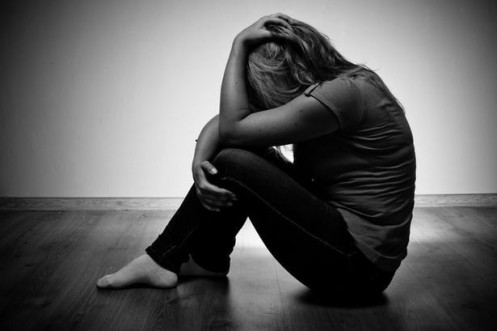Hospital admissions for self-harm in Greater Manchester almost double the national average
BY CLAIRE MILLER , CHARLOTTE DOBSON
26 Th November, 2015
The figures are said to mirror the region’s high suicide rates, experts say
People are almost twice as likely to be admitted to hospital due to self-harm in Greater Manchester.
New data analysed by the M.E.N. shows that the number of admissions was highest at Tameside Hospital and Wigan Royal Infirmary.
Experts say the figures mirror the region’s problem of self-harm and high suicide rate.
There were 696 self-harm admissions to Tameside Hospital for the year 2014-15, making up 1.3pc of all admissions.
Tameside’s self-harm admission rate was 1.9 times higher the England rate of 0.7. It also marked a 0.7pc increase on the previous year.
In Wigan , there were 1,055 intentional self-harm admissions in 2014/15 also almost double the national rate.
The figures, released by the Health and Social Care Information Service, do not include people who attend A&E or go to their GP for treatment for self-harm.
Nav Kapur, a professor of psychiatry at the University of Manchester and Manchester Mental Health Trust, said there was evidence of an increase in self-harm in Manchester.
Prof Kapur says only half of people who self-harm are admitted to hospital, meaning the figures could be much higher.
He also said the rate of self harm admissions varies ‘massively’ from hospital to hospital.
Prof Kapur said: “Hospital admissions are only part of the picture.
“We know that around half of people when they come to hospital following self-harm seen in an emergency department end up being admitted to a medical bed.
“The proportion varies a lot. What we do know is that this is a problem.”
A study monitoring all ‘presentations’ of self-harm in hospitals, including A&E departments, revealed a marked increase in cases in Manchester between 2008 and 2012.
The recession and times of economic hardship are said to increase rates.
Prof Kapur added: “If you look at the time of the increase, we were going through a recession.
“Sadly, it is what we would expect during times of economic hardship. People take their lives and more frequently self harm.
“The most important thing for people who self-harm is that they are assessed immediately so they can access the appropriate treatment.”
Women have higher rates of self-harm than men and young people aged between 15-19 are the most likely to do so.
- If you need to talk to someone, The Samaritans can be contacted on 116 123, 24-hours a day, 365 days a year. Alternatively, you contact them through their website .



